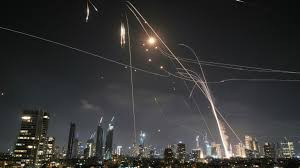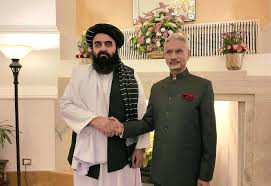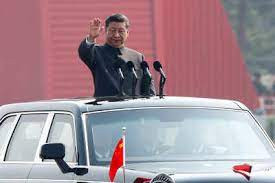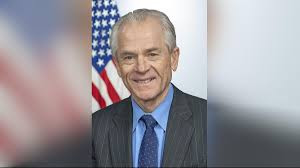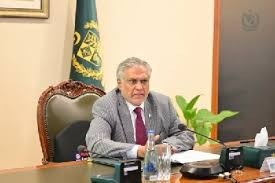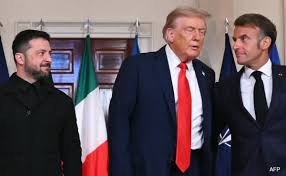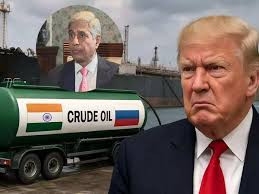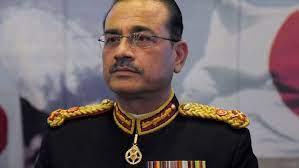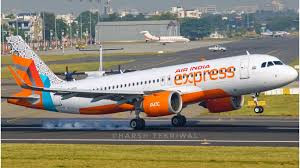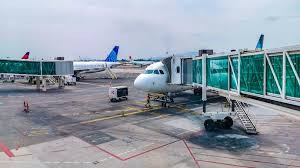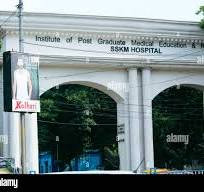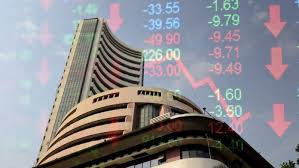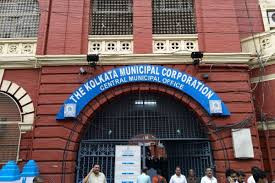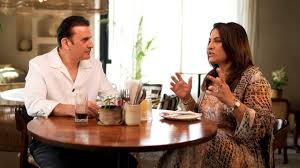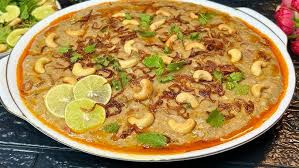“Trump Says He’ll Know ‘Within Two Minutes’ in Alaska If Putin Wants Peace, Threatens to Walk Out on U.S.–Russia Summit”
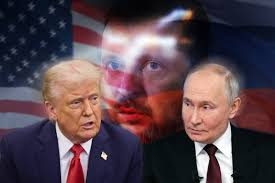
IIE DIGITAL DESK : The global tensions simmer, President Donald Trump announced that he will meet Russian President Vladimir Putin in Alaska this Friday for what he calls a "feel-out meeting" aimed at gauging whether peace in Ukraine is a genuine possibility. Speaking at a White House press conference, Trump said that by the "end of the first two minutes" into the summit, he will know whether a deal to halt the war in Ukraine is feasible—or whether he will simply walk away and say, “lots of luck, keep fighting,” marking an abrupt end to the talks .
Describing the summit as a quick assessment to understand “what he has in mind,” Trump said, “It’ll be good, but it might be bad,” underscoring the uncertain optics of the Alaska gathering. Behind that unpredictability lies the central bargaining chip: land swaps. Trump intends to press for territorial adjustments as part of a ceasefire plan—an approach that Kyiv has vehemently opposed on constitutional grounds .
Significantly, Ukrainian President Volodymyr Zelenskyy is not slated to attend the meeting; however, Trump indicated that a subsequent gathering could include both Putin and Zelenskyy—or even all three leaders together if deemed necessary .
In anticipation of the summit, global diplomatic activity has intensified. European leaders are convening virtually with Ukrainian representatives and Trump ahead of Friday's meeting to coordinate strategy and press for an inclusive peace process. There is growing concern that exclusive talks between Trump and Putin could marginalize Ukraine and result in unfavorable outcomes .Many European nations have urged that any decisions be made with Ukraine's full participation and that no deal be imposed unilaterally .
Time Magazine highlights the role of Belarusian President Alexander Lukashenko in facilitating direct communications between the U.S. and Russian leadership, serving as an unofficial backchannel that paved the way for this summit—though questions remain about the neutrality and long-term implications of such mediation .
Domestically, Trump invoked the summit during a broader White House announcement in which he declared a federal state of emergency in Washington, D.C., alongside a controversial federal takeover of the local police force. He asserted that the negotiations with Putin may benefit from projecting strength and decisiveness .
President Trump is setting a high-stakes tempo for the upcoming U.S.–Russia summit. He forecasts knowing within two minutes whether a deal—or another impasse—is on the table, with land swaps as a controversial cornerstone. With Zelenskyy sidelined for now and European leaders mobilizing behind the scenes, the diplomatic fallout from this summit may be as consequential as the meeting itself. Would you like insight into how U.S.–Russia diplomacy has shifted under Trump’s second term or reactions from Ukraine and allies? Reuters The Guardian.
You might also like!


